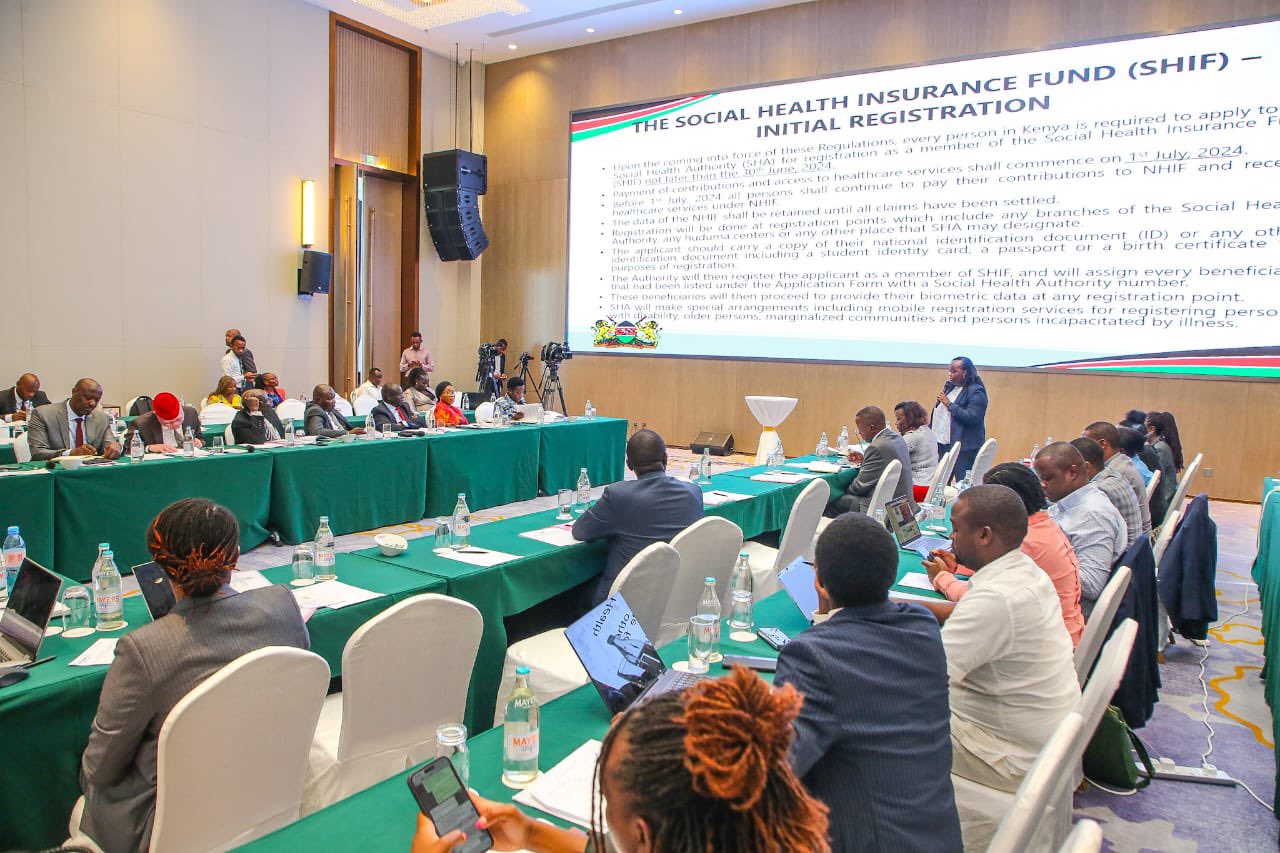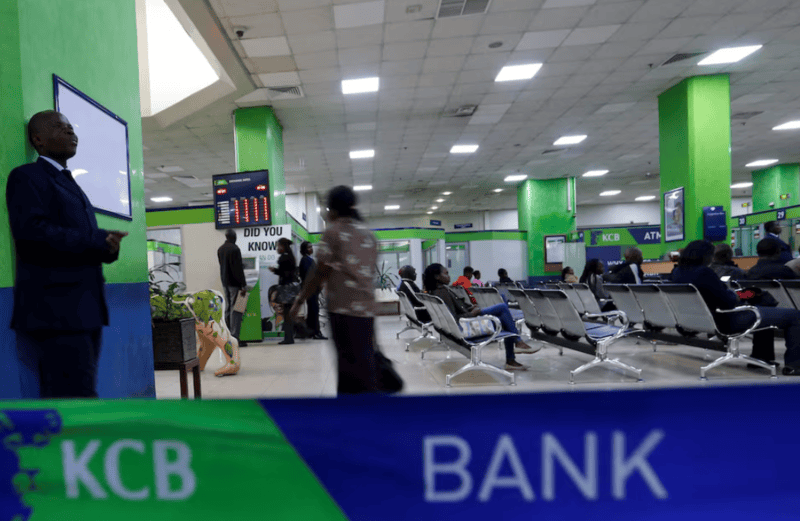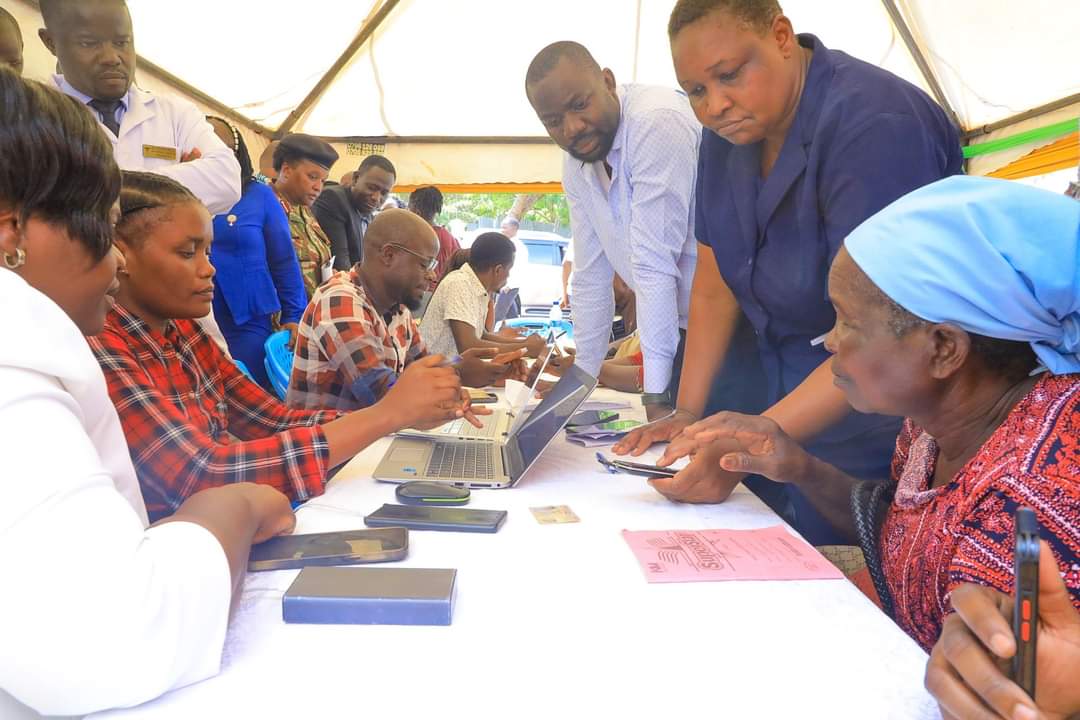Polygamous families to pay extra insurance premiums under SHIF

By Lucy Mumbi |
The payment of contributions and access to healthcare under the scheme will commence on July 1 and not March, as announced earlier.
Polygamous marriages will be forced to dig deep in their pockets for premiums under the new Social Health Insurance Fund (SHIF).
This was revealed during a meeting between the Ministry of Health and two health joint committees of Parliament.
Keep reading
- Private hospitals to accept cash-only payments for medical services over Sh29bn govt debt
- State clarifies SHA benefits, tariffs for critical care services
- SHA technical hitches hindering hospital operations, patient services, says Rupha report
- SHA, Finance Bill, Gachagua impeachment top Google’s most popular searches by Kenyans in 2024
The regulations, under the Act, classify men with two wives as having two households and are required to each pay for the deduction of 2.75 per cent on gross pay as insurance.
However, the MPs during the meeting sought to understand why the regulations are classifying a household with two wives as two households yet the laws of Kenya permit polygamous marriage.
"You are actually going against the laws of Kenya that permit polygamy. If you treat a household with two wives as two households, it is double jeopardy. Don't run away from the definition that wife is in singular.... spouse does not mean it is one spouse," Kilgoris MP Julius Sunkuli said.
While demanding an explanation of the definition of a household and a spouse, Seme MP James Nyikal said “In terms of polygamy, let us go for the definition of household and recognise polygamy and say every wife is a household on her own.”
According to the Social Health Insurance Act, 2023, a household is defined as a social unit comprising of an eligible contributor, whether contributing by self or paid for, and their beneficiaries, or who share the same socio-economic needs associated with consumption and production.
In the new medical scheme, a contributor is expected to pay for each individual spouse, in cases where a contributor has more than one spouse.
Senate Health Committee chairman Jackson Mandago asked why the ministry used spouse, instead of saying an extra wife.
 Participants during the joint Health Committees of the National Assembly and the Senate to review the Social Health Insurance Fund draft regulations on February 27, 2024. (Photo: MoH)
Participants during the joint Health Committees of the National Assembly and the Senate to review the Social Health Insurance Fund draft regulations on February 27, 2024. (Photo: MoH)
“What we need to say is there is no extra spouse, but rather individuals, will contribute for every spouse,” Mandago said.
Defended regulations
However, an official from the Ministry of Health Abdi Mohamed defended the regulations, noting that the Act aims to create equity across beneficiaries and ensure every Kenyan enjoys the medical premium.
He said contributions to the second spouse should be done, as it has been under the repealed National Health Insurance Fund (NHIF).
"We are bringing equity even when you have two wives...Benefits and contributions march. Each of you look at it this way, you still pay school fees for children sired with different wives,” Mohamed said.
He also clarified that benefits can only go in line with the contribution to be able to pay for the benefits.
“Contributions are based on household response. Someone with two wives has only one household,” he said.
For spouses to be identified and listed as beneficiaries under the contributor's cover, the contributor will be required to provide a copy of their Identification Card and a copy of proof of their marriage.
Initially, the marriage certificate had been placed as a document of approval. However, during public participation, Kenyans were of the opinion that a contributor should only produce a document to show proof of marriage, instead of a marriage certificate as earlier provided.
Nyeri Town MP Duncan Mathenge also sought answers on whether the new scheme will cater for adopted children.
Traditionally, he said in most communities, children, more so orphans are left under caregivers, who are usually their grandparents, or closer relatives.
The regulations under the new medical scheme note that in the case of a child, a copy of the child’s birth certificate or a copy of birth notification where the child is below six months will be required.
For an adopted child, the contributor will be required to provide a copy of an adoption order.
The amount payable shall be paid fourteen days before the lapse of the annual contribution of the beneficiary.
Reader comments
Follow Us and Stay Connected!
We'd love for you to join our community and stay updated with our latest stories and updates. Follow us on our social media channels and be part of the conversation!
Let's stay connected and keep the dialogue going!
















